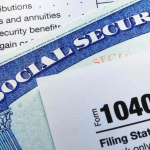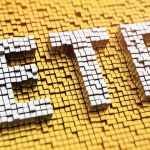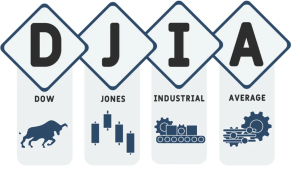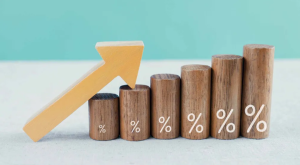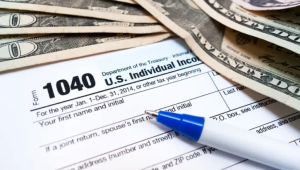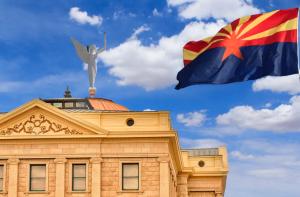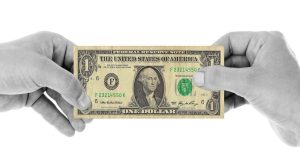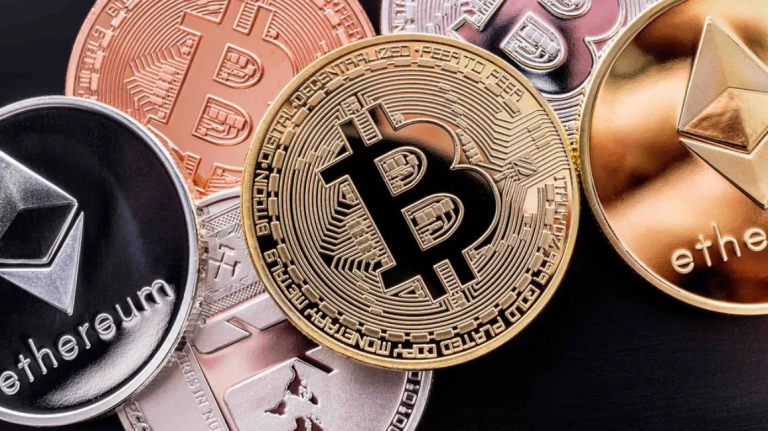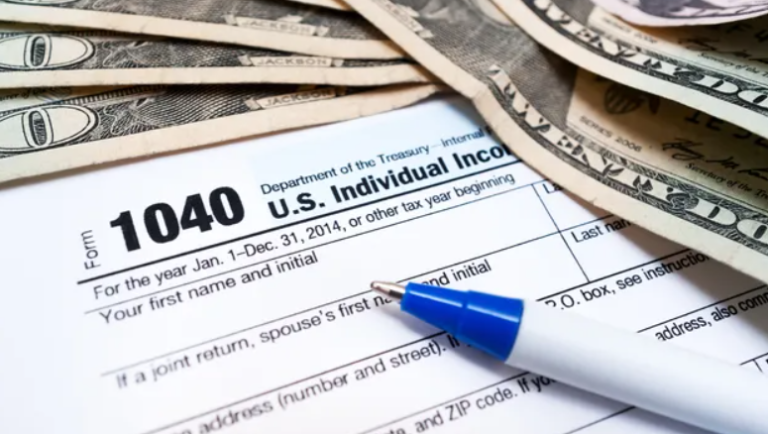In the world of finance, the term “special dividend” has been buzzing with increasing frequency. These unique payouts have gained popularity in recent years, capturing the attention of both investors and companies. But what exactly are special dividends, and why are they on the rise? In this article, we’ll explore the fascinating world of special dividends, their characteristics, and the considerations investors should keep in mind.
What Are Special Dividends?
Special dividends, also known as extra dividends or one-time dividends, are payments made by a company to its shareholders that differ from regular, recurring dividends. While regular dividends are typically paid on a predetermined schedule (e.g., quarterly), special dividends are irregular and infrequent.
Characteristics of Special Dividends
Understanding the unique features of special dividends is essential:
**1. Infrequency: Special dividends are not part of a company’s regular dividend policy and are usually paid sporadically. They are often declared when a company has an unusual windfall, excess cash, or a specific reason to distribute additional funds to shareholders.
**2. Lump-Sum Payments: Special dividends are generally larger than regular dividends and are often distributed as a lump sum. These payouts can be substantial and provide shareholders with a significant cash infusion.
**3. Motivation: Companies typically declare special dividends when they experience extraordinary financial success, such as a major asset sale, an exceptional earnings quarter, or tax benefits that allow them to share their success with shareholders.
**4. Tax Implications: Special dividends can have unique tax consequences for investors. While they are often taxed at a lower rate than ordinary income, it’s essential for shareholders to consult with tax professionals to understand their specific tax situation.
Why Special Dividends Are On the Rise
Several factors contribute to the growing popularity of special dividends:
**1. Cash Reserves: Many companies have accumulated substantial cash reserves, especially in the technology sector. With limited opportunities for organic growth, companies may choose to return some of this cash to shareholders through special dividends.
**2. Low Interest Rates: Persistently low interest rates have reduced the returns from traditional fixed-income investments. As a result, investors are seeking alternative income sources, making special dividends an attractive option.
**3. Optimizing Capital Structure: Some companies utilize special dividends to optimize their capital structure, especially if they have an excess of debt. By returning capital to shareholders, they reduce leverage and improve their financial health.
**4. Tax-Efficiency: Special dividends are often taxed at a lower rate than ordinary income, making them appealing to both companies and investors.
What Investors Should Know
Investors interested in special dividends should consider the following:
**1. Diversification: Special dividends should be seen as a complement to a well-diversified investment portfolio. Relying solely on special dividends can lead to concentration risk.
**2. Tax Planning: Special dividends can have unique tax implications, so investors should consult tax professionals to ensure they optimize their tax strategy.
**3. Company Financial Health: Special dividends are typically declared by financially robust companies. Ensure the company’s financials and fundamentals are strong before investing.
**4. Investment Horizon: Special dividends may not be suitable for short-term investors. These payouts are more aligned with long-term investment strategies.
**5. Research: Stay informed about the companies you’re invested in and keep an eye on their financial performance. Special dividends are often associated with exceptional financial achievements.
Examples of Special Dividends
Several well-known companies have declared special dividends in recent years:
**1. Microsoft: In 2004, Microsoft declared a special dividend of $3 per share, returning a portion of its cash reserves to shareholders.
**2. Apple: In 2012, Apple paid a special dividend of $2.65 per share to distribute its excess cash.
**3. Costco: In 2015, Costco declared a special dividend of $5 per share, sharing its financial success with shareholders.
**4. Walmart: In 2015, Walmart paid a special dividend of $0.50 per share, making it an attractive income choice for investors.
Special dividends are a unique phenomenon in the world of finance, offering investors an opportunity to benefit from the financial success of companies. These irregular, lump-sum payouts can be a valuable addition to an investment portfolio. However, it’s crucial for investors to understand the motivations behind special dividends, their tax implications, and the financial health of the companies declaring them. Special dividends are a reflection of corporate success, offering a win-win scenario for both companies and their shareholders.
